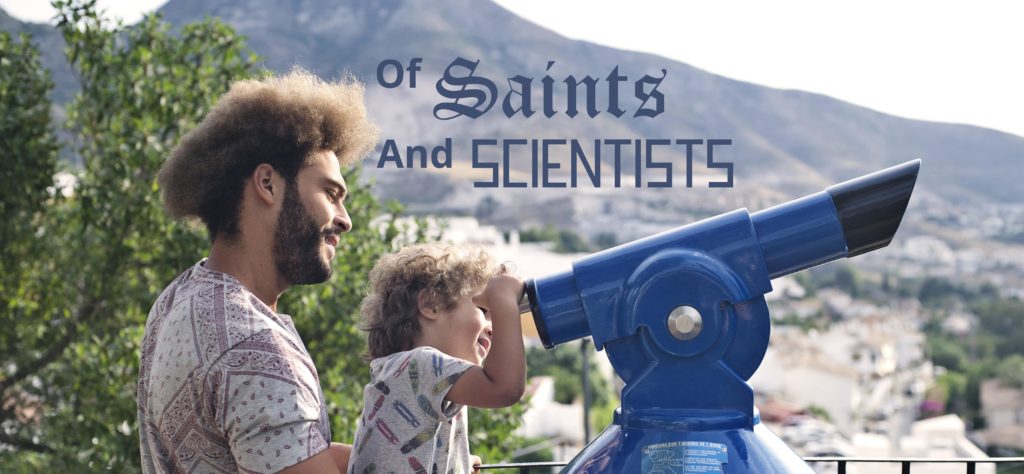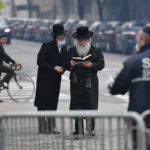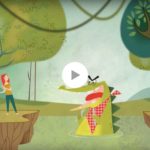Of Saints and Scientists

A daddy’s girl from the start, I loved both the scientific and spiritual sides of my father. It wasn’t until I got older that I saw students who felt threatened when the man who they prayed with on Sunday taught them about evolution and the Big Bang on Monday. However, my father taught me what he could not teach in a public school—how to deal with conflicts between science and religion so that I never had to feel that my faith was under attack. He gave me these five options for conflicts between science and religion: toss out religion, toss out science, toss them both out, make them fit, or put the question in the “suspended judgment file.”
While many scientists argue that science and religion can’t be compared because they operate on different premises, they pursue the same goal—the discovery of Truth. While religion relies on spiritual impressions to answer the question “why?” science relies on evidence to explain “how?” Despite this, there are still times I struggle to reconcile the two.
One of my favorite questions deals with the story of Noah’s Ark. Although almost every culture across the world has a flood story, the geologic record shows no evidence of a worldwide flood. In fact, there isn’t even enough water on the globe to accomplish it. Yet the story persists. This question, like many others, has gone through the five options:
(1) Toss out religion: This method means we don’t have to think about how small we are next to God or our own greater purpose. We also would not know what happens to the people we love after death or how much God loves us—our loneliest moments become just that, rather than teaching us that when we reach out, God reaches back.
(2) Toss out science: When things don’t make sense, we can of course toss out science and rely on our faith. However, I feel that it does not do justice to the intelligence and artistry of the God who designed both the heart to pump blood and the earth to spin. Even the minute details of a leaf teach me how amazing He is, and how loving He must be to put so much detail into my world. In studying science, I have found I am really studying the miracles of God.
(3) Toss out both: I feel that to toss out both religion and science would be a life without purpose or reason. We would have to give up so much of what makes us human—curiosity, hope, wonder—none of which I am willing to give up.
(4) Try to make them fit: This method can be very satisfying when our understanding of religion and science snap together like puzzle pieces. I have spent many a long drive discussing how God could have orchestrated the Big Bang and when human spirits first came to the earth. This exercise is valuable in that it makes me ponder the nature of God, but just because we make things fit doesn’t mean that they are True.
(5) Put it in the “suspended judgment file:” Because our understanding of religion and science are both incomplete, there are a lot of answers that simply don’t fit. When I can’t reconcile them, I put them on the shelf for a while. My father calls this space his “suspended judgment file.” This file is much like that ever-present junk pile everyone keeps by the door. It’s not that the things in it aren’t important—they are—I just don’t know what to do with them yet.
Questions don’t need to diminish faith. When it comes to the worldwide flood, I don’t know what to think, and it really doesn’t matter. Until I know more, I place Noah and his ark in my suspended judgment file and go back to what I do know. I do know that there is a God. I do know what I need to do to return to him. I also believe that as long as we hold onto the things that really matter, the rest will sort itself out in time.![]()



